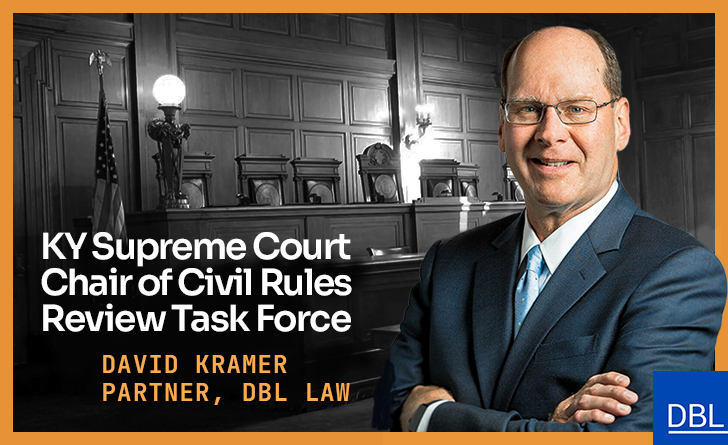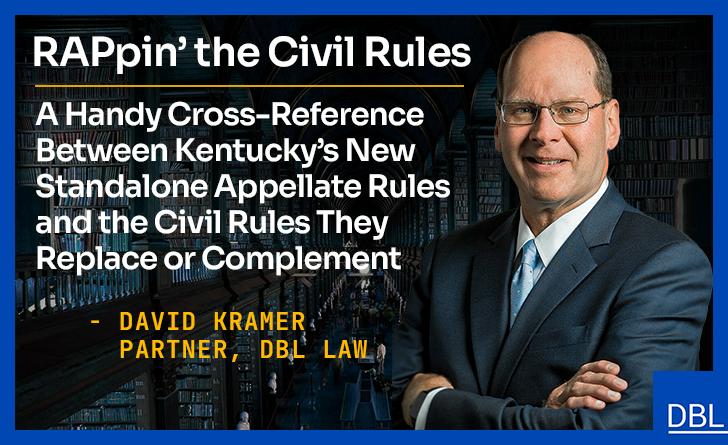In a closely watched premises liability case, the Kentucky Supreme Court recently denied review of and approved for publication an opinion of the Kentucky Court of Appeals upholding a trial court’s grant of summary judgment in favor of a property owner. The opinion, Dishman v. C & R Asphalt, LLC, 460 S.W.3d 341 (Ky. App. 2014), applied the more restrictive approach to the “open and obvious hazard” doctrine adopted by the Supreme Court in a line of cases from 2010 to 2013, but still found that summary judgment in favor of the property owner was appropriate.
In Dishman, the plaintiff was injured when she tripped and fell on uneven ground in a mall parking lot that was being repaved. The area around it was marked with barriers and caution tape, but one of the barriers had been removed for a few minutes to let a truck through. The plaintiff attempted to traverse the area where the barrier had been removed to enter the mall.
The Court of Appeals concluded that the trial court had properly entered summary judgment because the hazard was well-marked and “incredibly open and obvious,” such that reasonable minds could not differ and it would have been unreasonable for a jury to find a breach of duty. Under the circumstances, the Court determined that the only reasonable conclusion was that the road contractor did not breach its duty of care.
David Kramer is a Partner in the law firm of Dressman Benzinger LaVelle, with offices in Cincinnati, Ohio, Crestview Hills, Kentucky, and Louisville, Kentucky.



